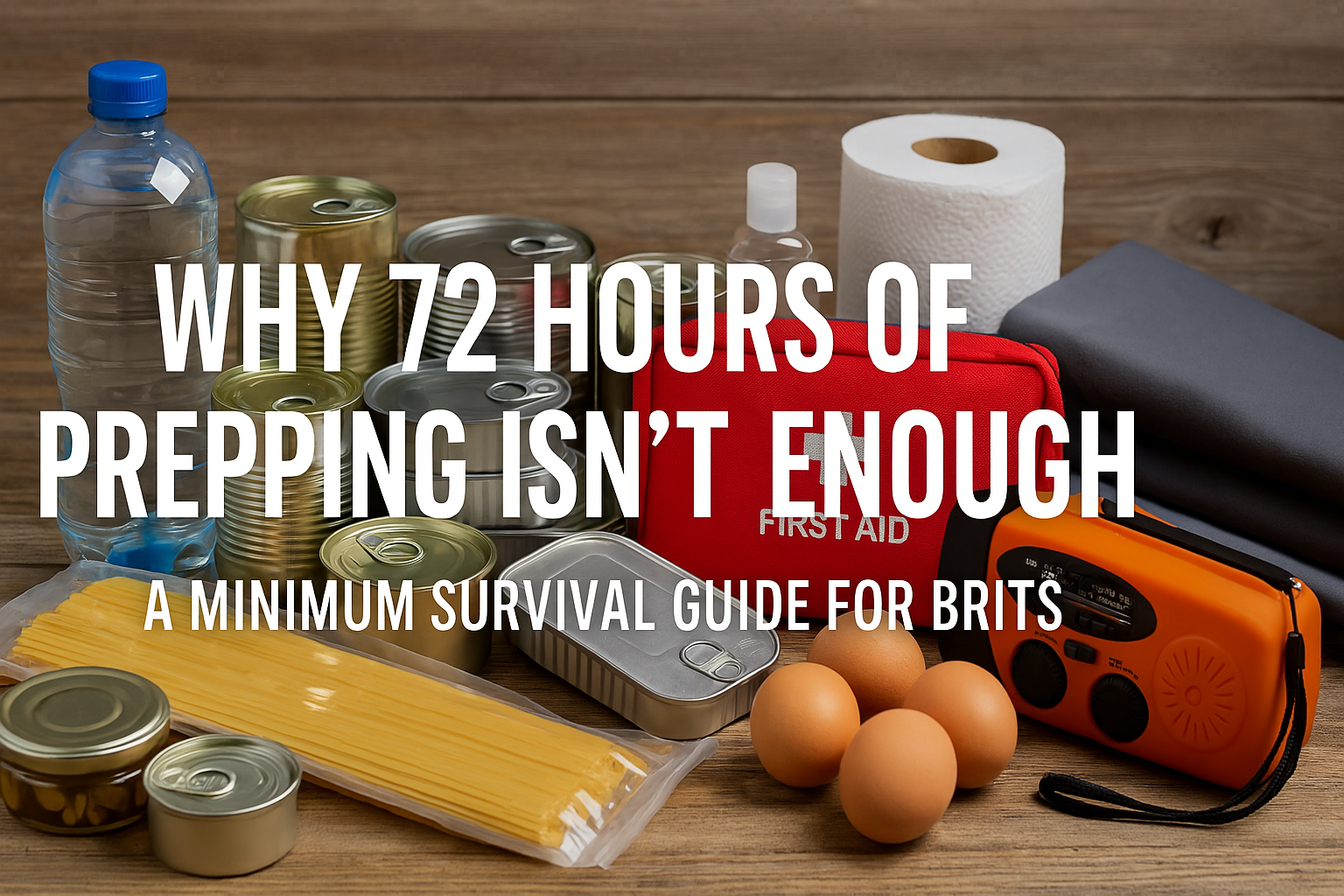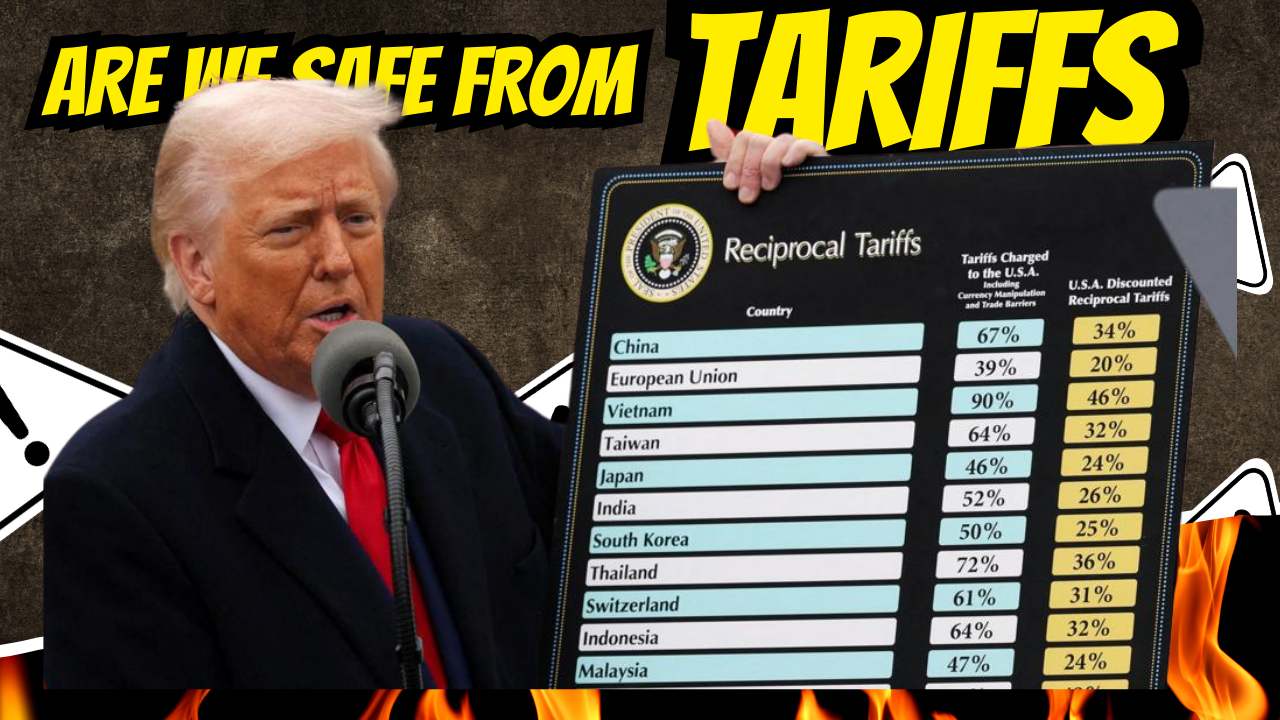 In the first part of this series it was pointed out many of the ridiculous and frankly lame excuses people often give for not preparing (“getting their affairs in order” as the old saying goes) for their ultimate demise. Regardless of a disaster, we are all going to meet the same fate in the end. Sometimes unexpectedly, but often the natural conclusion of a long life. Death cannot be avoided.
In the first part of this series it was pointed out many of the ridiculous and frankly lame excuses people often give for not preparing (“getting their affairs in order” as the old saying goes) for their ultimate demise. Regardless of a disaster, we are all going to meet the same fate in the end. Sometimes unexpectedly, but often the natural conclusion of a long life. Death cannot be avoided.
To continue my train of thought from the first part, I am also constantly amazed at the number of intelligent, hardworking, often professional people I meet who do not have even a basic will (i.e. Last Will & Testament). They usually assume whatever they own will just go to their family and that’s that.
You know what happens when you ‘assume’.
When you die everything you own of value is added up and that forms your “estate”. This includes actual money, investments, your 401k and IRA’s, any homes or other real estate property you own, your vehicles, boats if you have, any collectables (especially art and things of real value), any intellectual property you may own or have an ownership in (trademarks, patents, copyrights etc), business interests or ownership, even your sports equipment, etc.
A will gives your instructions how you want your estate property to be divided and transferred to others after your death. People can contest a will in court if they disagree with it (for example, it’s difficult to cut out a spouse or child entirely from a will) but that isn’t as common as tabloids would lead you to believe. The will also state who you designate to oversee the distribution of your property in accordance with your instructions (i.e. the Executor of the estate).
Dying without a will is called dying “Intestate”. If you die without having a legally executed will (the definition of which can vary and is beyond the scope of this article) then all your property is distributed according to the probate laws of the state where you reside. A special court, the Probate Court, is petitioned for the distribution of your property and only under the court’s direction according to the laws of your state is your property passed to others. In essence, that means if you don’t make your own will the state has a one-size-fits-all will for you. And I assure you that one-size-fits-all will does not provide nearly as much generosity and protection as you may want for your property and loved ones.
People often argue for not having a will that they don’t own much or have little personal wealth. So what! You could win the lottery tomorrow. Wills can be written generically (and often are) instead of for specific dollar amounts or specific property.
For example, movies and TV often show a will saying “To my brother I leave X‑dollars”. Instead, the will can written to say “I leave by brother 10% of my worth after final expenses.” The latter has the advantage of being dynamic based on the value of your estate – you may be worth $1 million or $100 but 10% is 10%.
Another issue arises when leaving property to children. Most children (heck, most adults too!) cannot handle money. Do you think a 10 year old can handle inheriting a house? Or a teenager intelligently manage inheriting life insurance proceeds? Most likely not. In a will you can specify the creation of a trust or multiple trusts (called Testamentary Trusts) that forms after your death and what property you want put into the trust (as well as name a trustee to oversee the trust). You can then specify when and how much of the property to distribute to the children as you think they would be able to properly handle it.
(Footnote: In the case of minor children being the primary inheritors almost certainly the courts will appoint a “Guardian Ad Litem”, a lawyer that represents and advocates for the legal interests of the minor children. The Guardian Ad Litem will likely petition for a financial advisor to be retained or a trust be established to oversee the assets left to the minor until the age of majority at a minimum.)
For example, you could specify that if you die before your child reaches the age of 21 some amount of your property be put into a trust. Then one third of that property be given to the child when they reach 25, another one third of what remains when they reach 30, and the balance when they reach 35. This way, hopefully, the child has learned over their life how to manage money and be less likely to squander it on say a new fancy sports car or new musical instruments for their garage band, etc. (It happens a lot!)
A probate court does not consider any charity or gifts you may want to do. For that you need to specify gifts and charitable donations in a will. As with a giving to friends and relatives in your will, you can specify a specific dollar amount or a percentage of your total worth at the time of your death.
Further, in your will it is common to name guardians for your minor children. Otherwise they potentially may be wards of the state (foster) until a probate court figures it all out. You do not want your children in the foster system ever!!
Finally, a will isn’t set in stone. Wills can and often are changed several times over the course of a persons’ life as their circumstance change. I do recommend strongly spending a little time with an estate planning lawyer (pay their fee, it’s worth it!) to understand your situation now and what is likely in your near future. But even a basic online will is better than nothing.
There are many more issues and points regarding wills and estates. This article isn’t meant as a complete lesson on estate planning.
I hope as a prepper you do realize preparation is more than disaster readiness. Life happens more often than emergencies.








